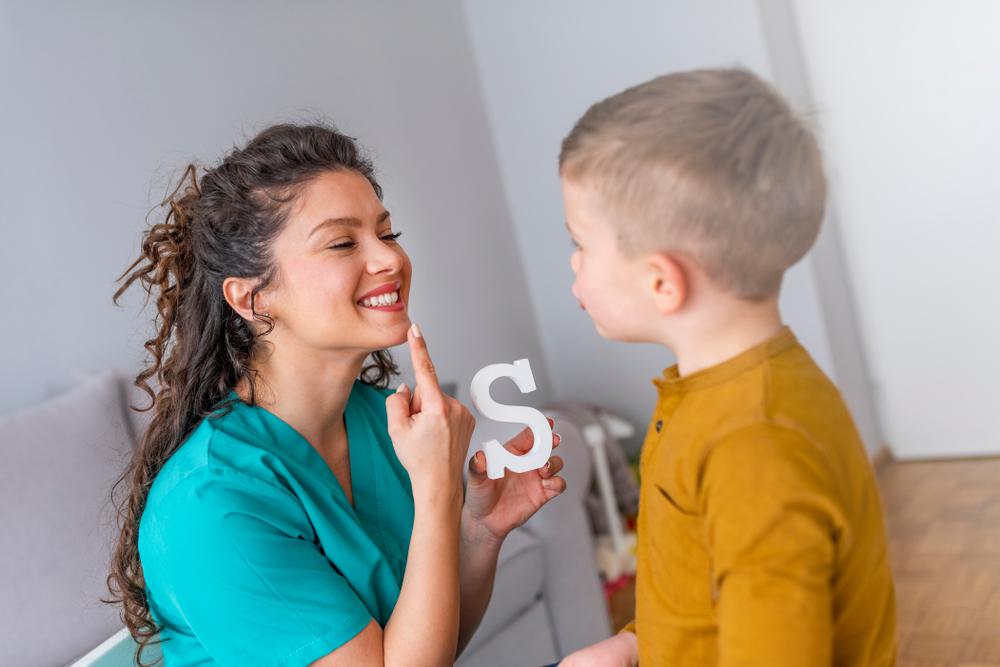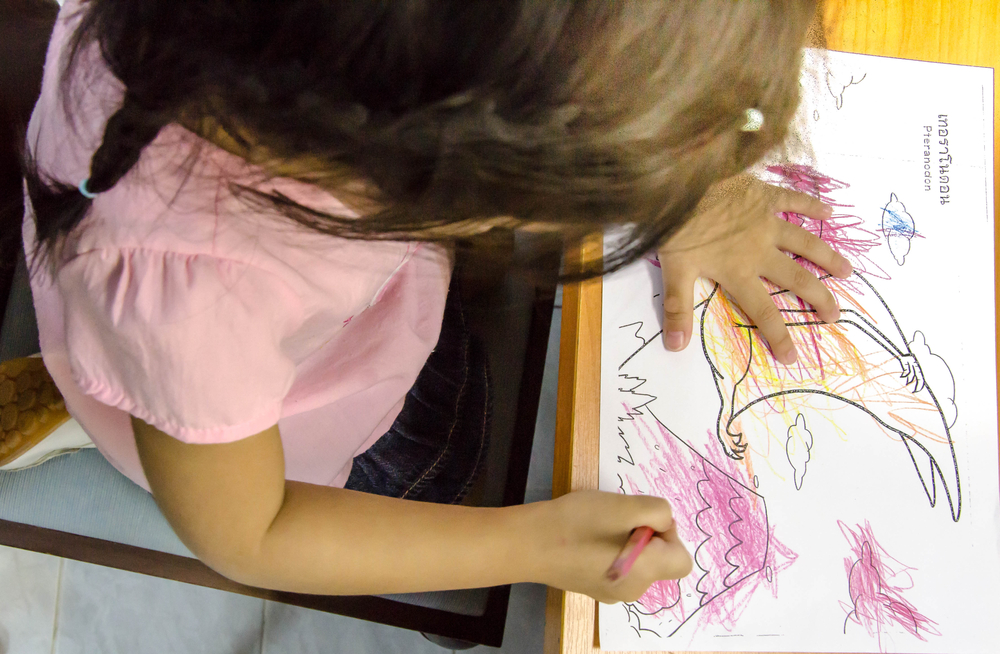Normal Alphabet worksheets activities for Ages 5-9
9 filtered results
-
From - To
Explore our engaging Normal Alphabet worksheets designed for children ages 5-9! These interactive activities promote early literacy skills by helping young learners recognize, write, and use letters in a fun and motivating way. Each worksheet focuses on different aspects of the alphabet, encouraging kids to practice their fine motor skills while learning letter identification and phonetics. With colorful visuals and creative exercises, these resources make learning enjoyable and effective. Perfect for homeschoolers or classroom use, our worksheets provide a comprehensive approach to foundational language skills. Download now to inspire your child's reading and writing journey!


Rhyming Words: Assessment Worksheet


Let's Check Long Vowels: Assessment Worksheet


Vowel and Consonant Sounds: Assessment Worksheet


Phonics and Word Recognition: Assessment 3 Worksheet


Phonics and Word Recognition: Assessment 1 Worksheet


Long and Short Vowel Sentences: Assessment Worksheet


Phonics and Word Recognition: Assessment 2 Worksheet


Phonological Awareness: Assessment 1 Worksheet


Phonics and Word Recognition: Assessment 1 ELA Worksheet
Normal Alphabet activities for Ages 5-9 are crucial for fostering early literacy skills, which serve as the foundation for a child's academic success. At this age, children are at a critical juncture in their cognitive development where they begin to recognize letters and understand their corresponding sounds. Engaging them in creative and interactive alphabet activities not only makes learning enjoyable but also enhances their phonemic awareness, vocabulary, and comprehension skills.
Parents and teachers should care because these activities cultivate a love for reading and writing, essential skills that support lifelong learning. Collaborative exercises, such as letter tracing, rhyming games, and storytelling, provide holistic learning experiences that foster social and emotional development alongside academic growth.
Furthermore, early engagement with the alphabet helps to identify and address any learning difficulties, ensuring that students develop at an appropriate pace while building their confidence. The skills learned through Normal Alphabet activities empower children to express themselves, expand their communication abilities, and prepare them for future academic challenges. By investing time in these activities, parents and teachers can help shape confident, literate individuals who appreciate the joy of language and literature.
 Assign to My Students
Assign to My Students















